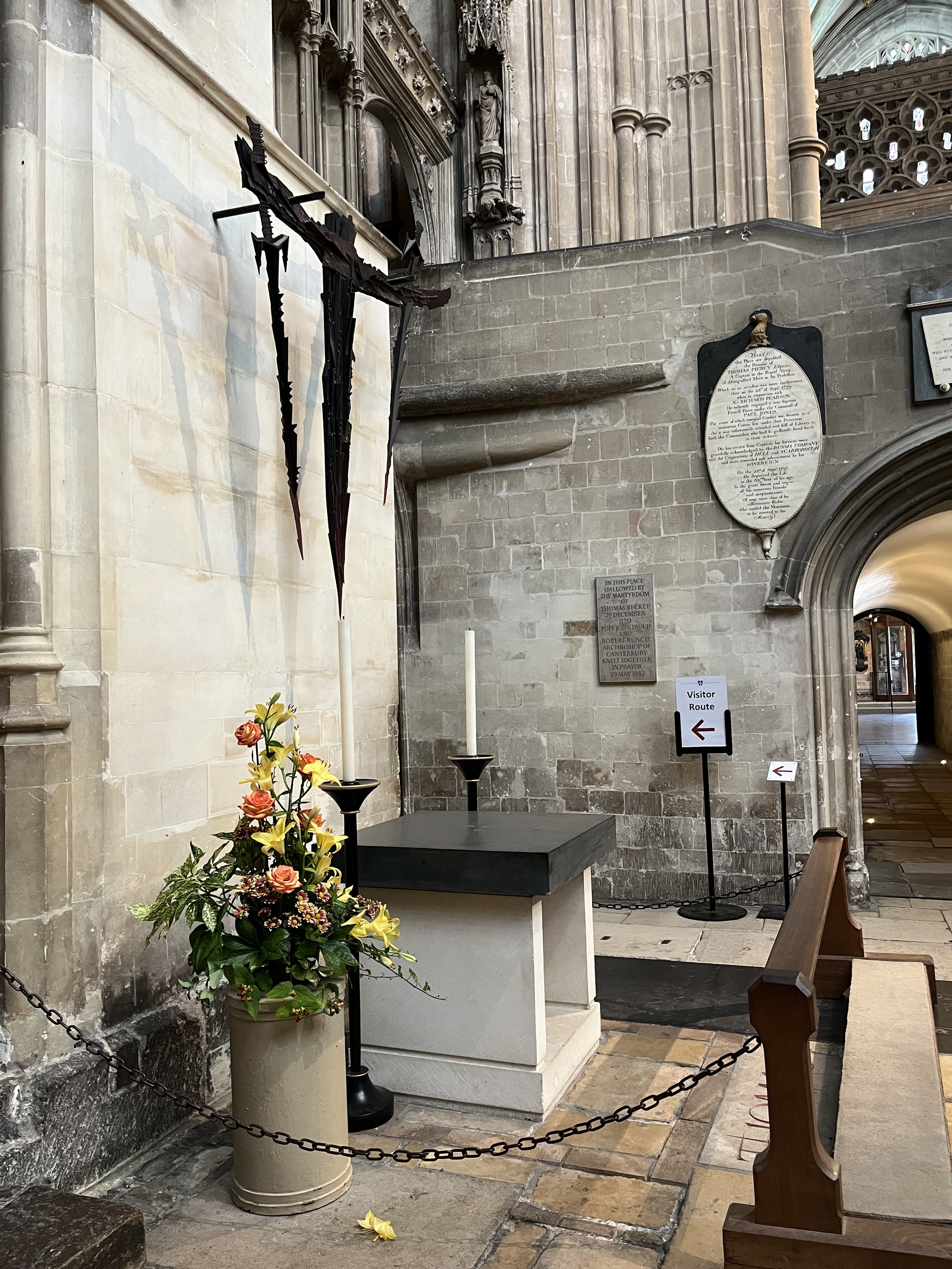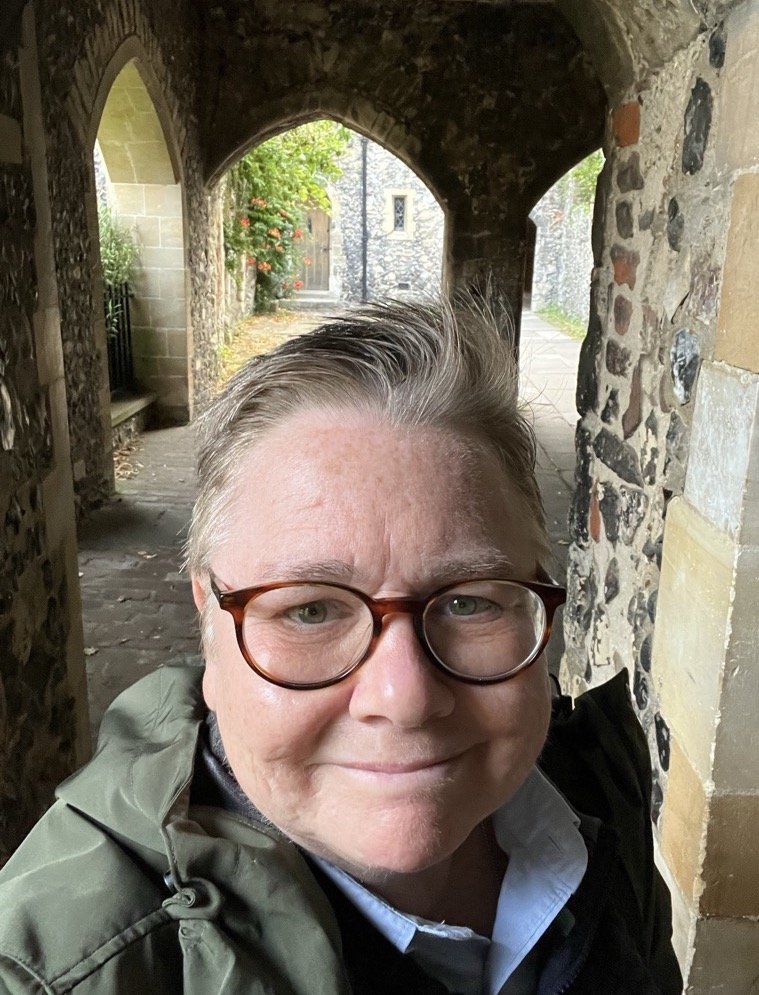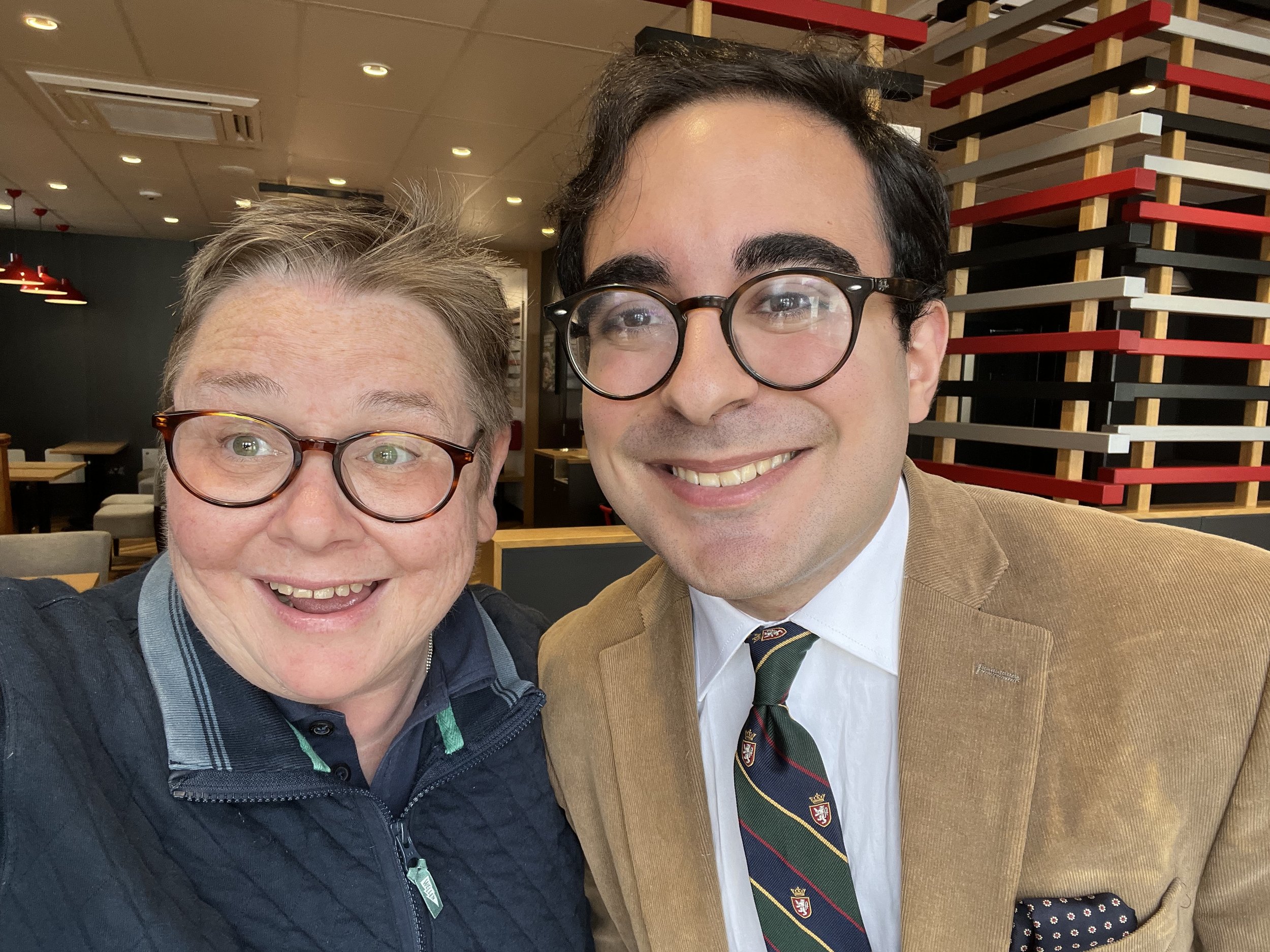Dear Beloved of Trinity Church,
The world gasped in horror at the images from the most recent outbreak of violence in Gaza. And gasp, we should. Horror is a correct and appropriate response. But what do we do after we gasp? How do we fully understand the situation? How do we process? How do we respond?
Politicians will rally their supporters mostly to secure a victory in the next election. Pundits will offer their “unbiased” insights to enlighten the “misguided.” Preachers will offer prayers and sermons to appear both pastoral and prophetic. And whether we are consciously aware of it or not, each of us inevitably will take a side, and then, everything we hear, see, think, and say will be filtered through our position, “our side,” which is undoubtedly the right side.
There is no question that the attack by Hamas against innocent people is evil and wrong. Likewise, this does not give Israel permission in the cause of self-defense to do whatever they deem appropriate to crush and destroy the Palestinians. Defending does not mean annihilation.
The current violence and carnage are as old as humanity. It is another chapter in the ongoing story of sinful people acting in sinful ways. Broken people acting in broken ways. Traumatized people acting in ways that traumatize more people. It’s the story of sin and our inability to be fully human, as God intended. And since we cannot live fully into our own humanity in God, again and again and again, we dehumanize others because we’re scared, insecure, and broken.
I must now ask myself and us, “What should we do as the people of Trinity Church, as Christians, and as human beings?” And let me tell you that whatever we do will not be perfect and, for many, will fall miserably short of their expectations.
I would, however, like us to gather for a conversation on Sunday, October 22, in Pierce-Bishop Hall during our Adult Forum hour. We will discuss not just the current issue in Israel and Palestine but how we live with the atrocities of our world and the atrocities in our own lives. The things we cannot fully understand, the things we will never be able to solve. What does it do to our souls and our common humanity? How do we resist the temptation to let these events eat away at our humanity, leading to further dehumanization of the other?
I am fully aware that there is no way that one forum conversation will be sufficient. Still, I believe it is necessary to take one step, a first step, to find our way to the next step on our journey to healing, redemption, and the fullness of our humanity when we are truly one in God’s love.
Peace and blessings,
Paul
























